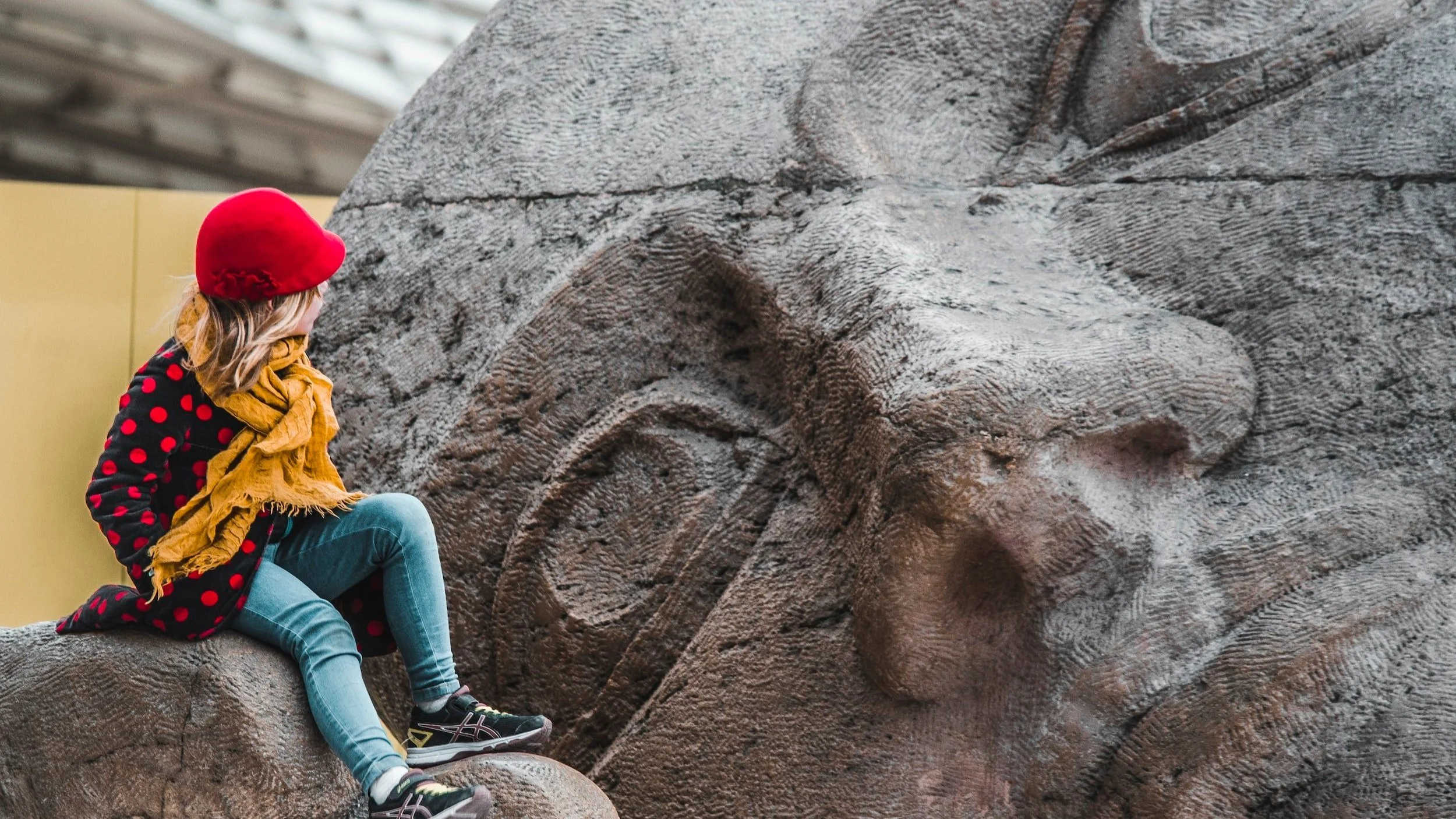Why It’s Important To Introduce Your Kid To Famous Thinkers From History
Okay, you’d be hard pressed to find a kid who’ll sit through Plato’s Republic, no matter how many cool ideas it has, and how historically important it is. You’d be hard pressed to find a whole lot of adults who are up to the task, if we’re being hones.
Nevertheless, historically speaking, philosophy is just jam-packed with amazing thinkers with fascinating ideas (and fascinating lives). It would be such a shame for little thinkers to miss out on this veritable banquet of thinking just because we assume they’re too little.
Here are some very good reasons to get your child better acquainted with famous brains who went before them:
· Generally speaking, kiddos come up with a lot of the same big questions that have kept famous minds busy for thousands of years. How cool is it for them to learn that they’re carrying on this very human pursuit? How amazing is it for them to be included in something that seems to grown-up (but doesn’t have to be)? How wonderful is it for them to learn that some of these beautiful brains started pondering these questions when they themselves were kids?
· Although they don’t all get space on the pages of mainstream western books, there are amazing philosophers from every single part of the world. They come from diverse backgrounds, and aren’t limited to just one gender. It may take a little searching to find them, but when it comes to kids and famous philosophers, if you can see it, you can be it. Interest from kids may actually help bring some of the unsung heroes of philosophy to the forefront!
· The theories and questions presented by famous philosophers are fascinating to kids (no fooling!), but so are their lives. These thinkers experienced some of the most interesting and influential events in human history. Quite a few of them had quirky and fascinating personalities, and were multitalented. Learning about the thinkers themselves helps to humanize philosophy in general, and make it fun and accessible!
How do you make these big thinkers and their even bigger ideas accessible to kids? Here are a few tips:
· Don’t worry about covering everything a thinker ever said (obviously). Pick a small nugget of wisdom, explain it in kid-friendly terms, and see what they think. Use this nugget as a jumping off point, and let your little thinker play with it. The thought process they’re learning is so much more important. If you’ve never studied philosophers or philosophy yourself, then this will be a fantastic co-learning experience!
· Make sure your child knows that even famous philosophers disagreed with each other. It’s fine for them to disagree with their ideas too! It’s actually a big part of philosophy. As long as they aren’t attacking or rejecting actual people, it’s all part of the process.
· Talk about the stories behind the thinkers. Kids crave stories, personal details, and sometimes these are important to understanding the ideas.
· Tie big questions and ideas to important events in history and to geographical regions. Decide on an interesting time and/or place and see what thinkers were coming up with there and then.
Overall, including famous thinkers in your child’s exploration of philosophy serves to reinforce that big questions belong to everyone, and that there’s nothing more important than open, rational discussion.
If you’re looking for a place to start, check out the print and interactive ebook versions of our ThinkAboutIt series!



